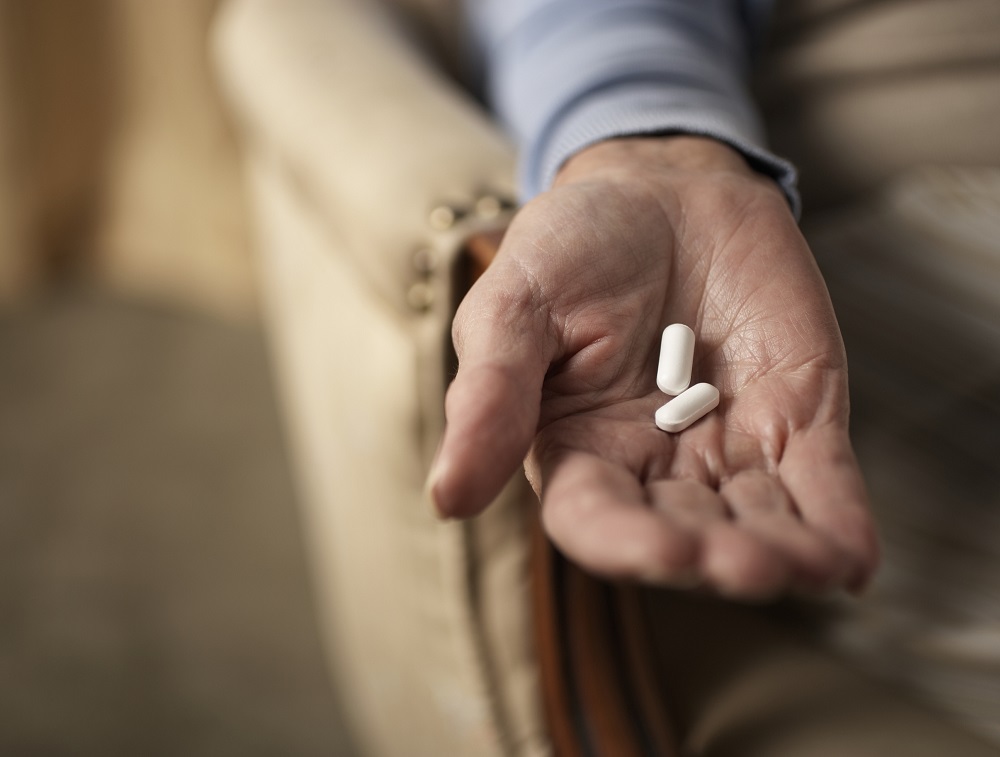Scientists presented new data on the efficacy of the ART combination dolutegravir / lamivudine

Within the framework of the XXII International AIDS Conference (AIDS-2018) taking place these days, scientists presented the latest developments in the field of HIV treatment and prevention. In particular, the experts described new data proving the efficacy and safety of the integrase inhibitor dolutegravir (DTG) in a two-component treatment regimen.
The doltegravir / lamivudine (DTG / ZTC) regimen demonstrated efficacy when used as first-line therapy among HIV-positive patients in two Phase III clinical trials, not inferior to the traditional three-part regimen (dolutegravir / tenofovir / emtricitabine).
Note that since the advent of ARVT, combinations of three or more drugs have been the norm. Two-component regimens can help reduce the cost of treatment, increase adherence and avoid the problem of ARVT toxicity in long-term treatment.
Pedro Cahn from Argentine Fundacion Huésped presented research data from GEMINI-1 and GEMINI-2, which was attended by more than 1.4 thousand adults from Europe, America, Africa and the Asia-Pacific region.
Based on the results of 24 weeks of therapy, a generalized analysis showed that DTG / 3TC was not inferior to the scheme (dolutegravir / tenofovir / emtricitabine), with 93% of participants in each group achieving viral load suppression (HIV-1 RNA in plasma less than 50 copies / ml). The safety profiles were the same in both cases, and no drug resistance was recorded.



